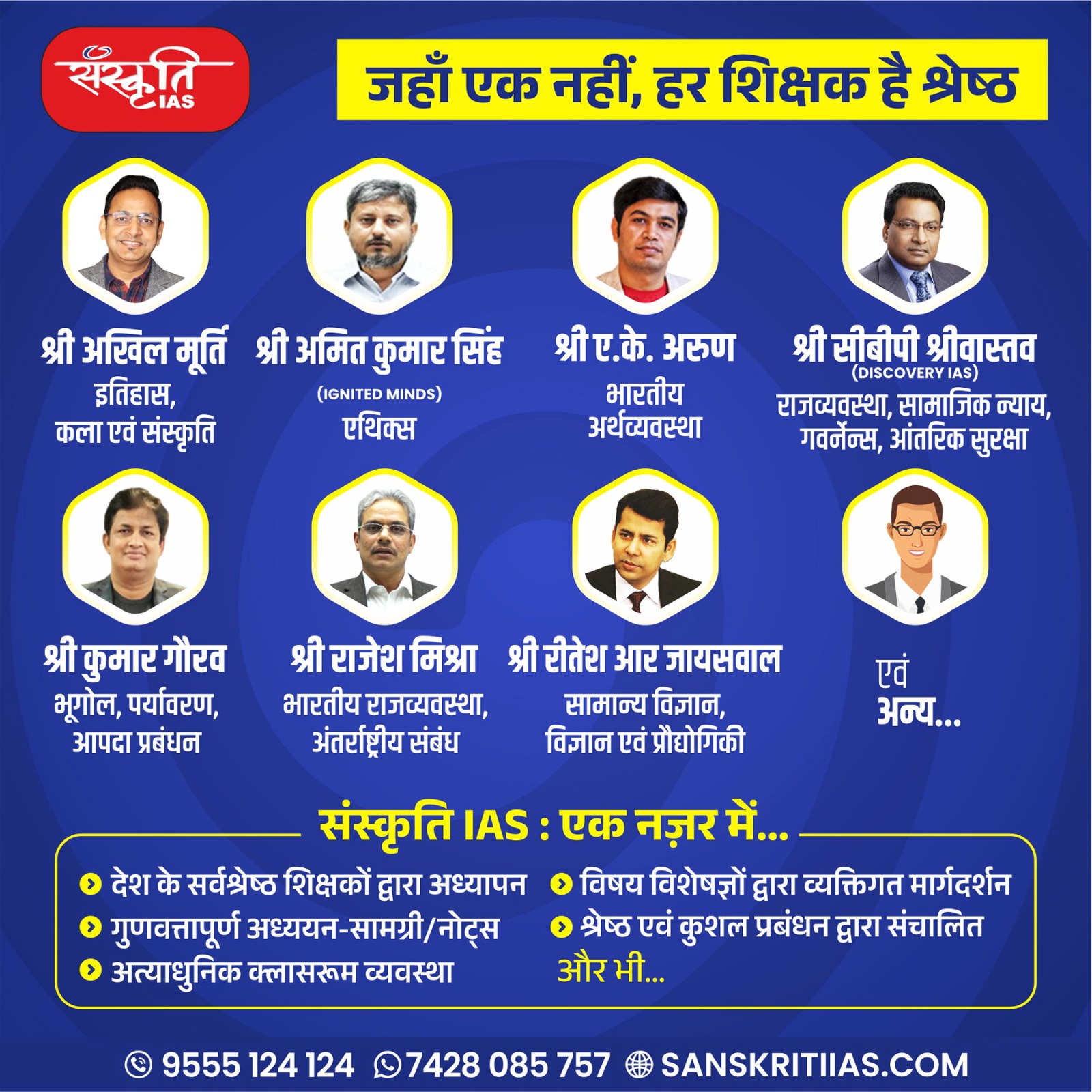The government said in the Supreme Court that it supports reservation for marginalized communities as a way to help them, and it also likes the idea of dividing groups like Scheduled Castes and Scheduled Tribes further to make sure the benefits reach everyone. The government told the Supreme Court that it supports reservation, while Prime Minister Narendra Modi, speaking in Parliament, accused the first PM, Jawaharlal Nehru, of being against reservation for SC/ST and OBCs in government jobs.
Supreme Court
The government, presenting Its case to the Constitution bench led by Chief Justice of India Dhananjaya Y Chandrachud, supported the notion of identifying the most backward categories within SC/STs. This is aimed at allowing states to create suitable policies for sub classification and streamlining reserved seats.
During the bench proceedings, which included justices BR Gavai, Vikram Nath, Bela M Trivedi, Pankaj Mithal, Manoj Misra, and Satish Chandra Sharma, the Centre emphasized that its stance on sub classification within SC/ST reservation shouldn’t be misunderstood as opposition to reservation benefits for marginalized communities.
Solicitor General Tushar Mehta, representing the Centre, clarified to the court that the arguments on sub classification pertain specifically to the referred question and should not be seen as weakening the government’s reservation policy. He emphasized that the government remains committed to fulfilling its obligation of providing reservation as a way to achieve equality through affirmative actions.
Tushar Mehta’s statements included the perspective that reservation serves as an affirmative action to bring about equality for those who have endured centuries of discrimination.
The government argued that the Idea of equality functions on two levels between the open category and the backward classes. The government shared its position in the Supreme Court, Prime Minister Narendra Modi, speaking in Parliament, accused India’s first PM Jawaharlal Nehru of opposing reservation for SC/ST and OBCs in government jobs.
Modi read out a letter from Nehru suggesting that job quotas might lead to inefficiency. Modi added that if the government had recruited and promoted marginalized classes back then, it could have uplifted them.
In the Supreme Court, Solicitor General Mehta began his arguments by emphasizing the government’s commitment to the reservation policy. Mehta’s written submissions emphasized that sub classification within SC/STs would facilitate targeted policymaking by the State. This approach aims to rationalize affirmative actions and enhance their implementation for achieving the desired results.
Mehta stressed that sub classification within SC/STs should be carried out without compromising the essential need for reservations. The focus, he noted, should shift towards addressing the more backward segments within these groups, all while adhering to the constitutional method during the sub classification process.
Mehta explained that if differences within SC/STs were allowed, states could only point out the specific groups, and any such distinctions would only happen through laws passed in Parliament and approved by the President. Mehta backed a re-evaluation of the 2004 judgment by a five-judge bench in EV Chinnaiah Vs State of Andhra Pradesh. This judgment had ruled out sub classification, arguing that SC/STs constitute homogeneous classes.
Attorney General R Venkataramani supported a re-evaluation of the 2004 judgment, asserting that SC/STs shouldn’t be considered a homogeneous class. He argued that each subgroup deserves distinct constitutional treatment. State governments of Punjab, Tamil Nadu, and Telangana also endorsed sub classification. However, the Andhra Pradesh government maintained support for the 2004 judgment, having eliminated all sub classifications within the reserved category.
During the hearing, the bench referred to it as an “article of faith” that the Constitution intentionally avoided imposing restrictions based on education, gender, or assets for contesting elections. It noted that the framers of the Constitution were “visionary” in making such provisions.
While recognizing the importance of education in building a qualified workforce from marginalized communities, the bench appreciated that the Constitution does not disqualify individuals from participating in democratic processes based on factors like lack of education, gender, or property.
The SG clarified that while the Centre supports sub-classification within SCs and STs, it does not advocate any dilution of the President’s absolute powers under Articles 341 and 342 to grant SC-ST status to any specific community.
“It is crucial to clarify that sub-classification does not affect the conclusive determination under Articles 341 and 342. The argument suggesting that sub-classification interferes with the finality outlined in Article 341 is misplaced, as these processes are distinct. State governments and even the Hon’ble Court, within their constitutional jurisdiction, are bound to implement the notification issued by the President under Article 341,” stated Mehta.























